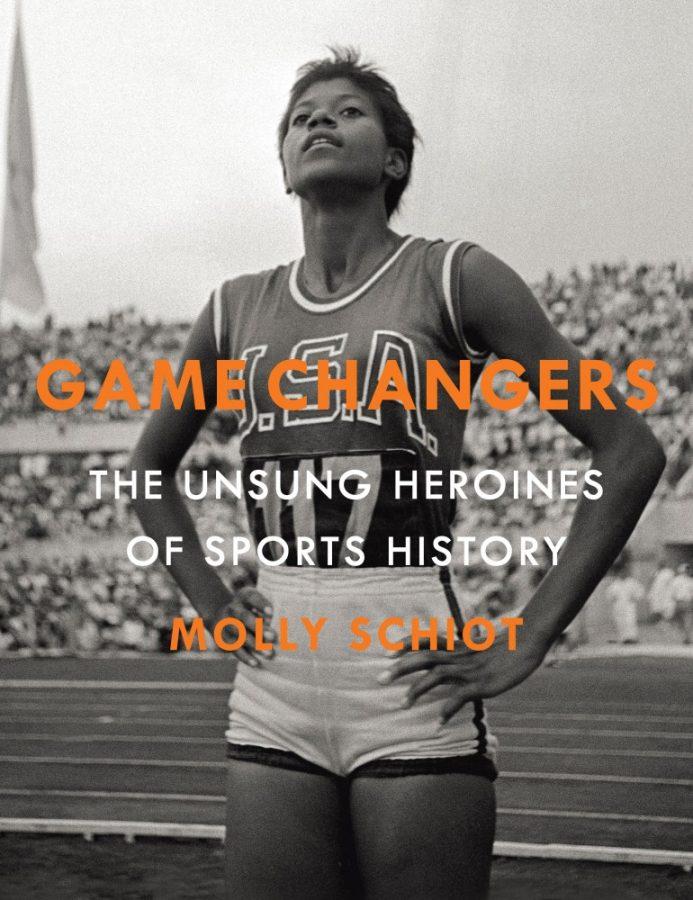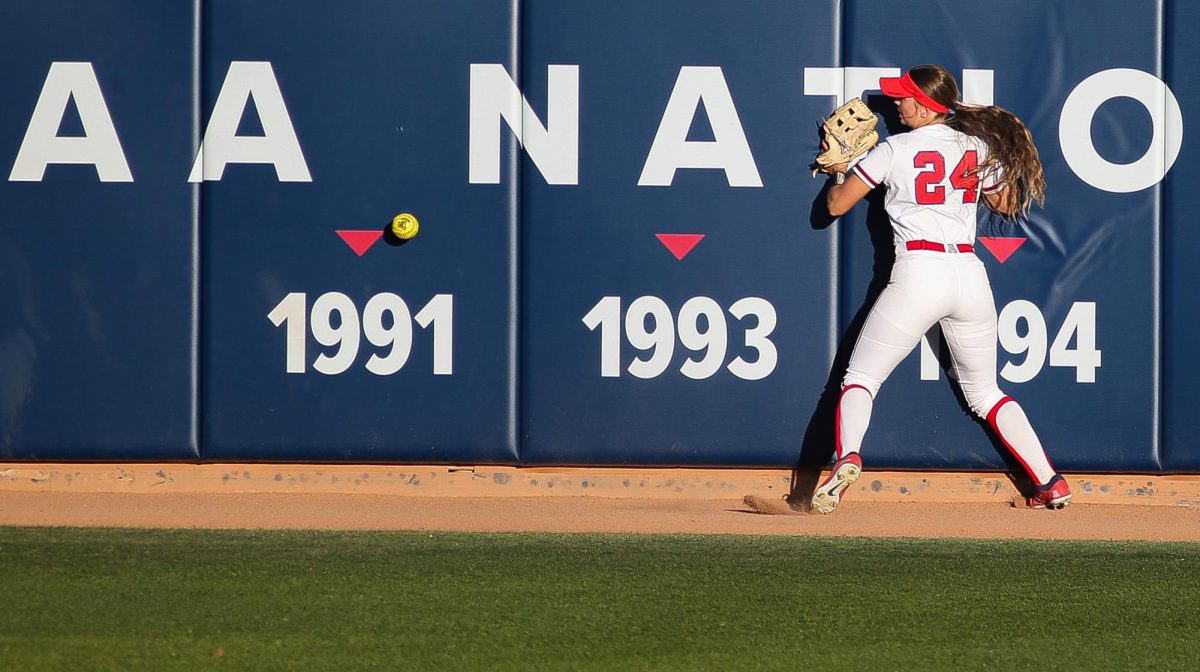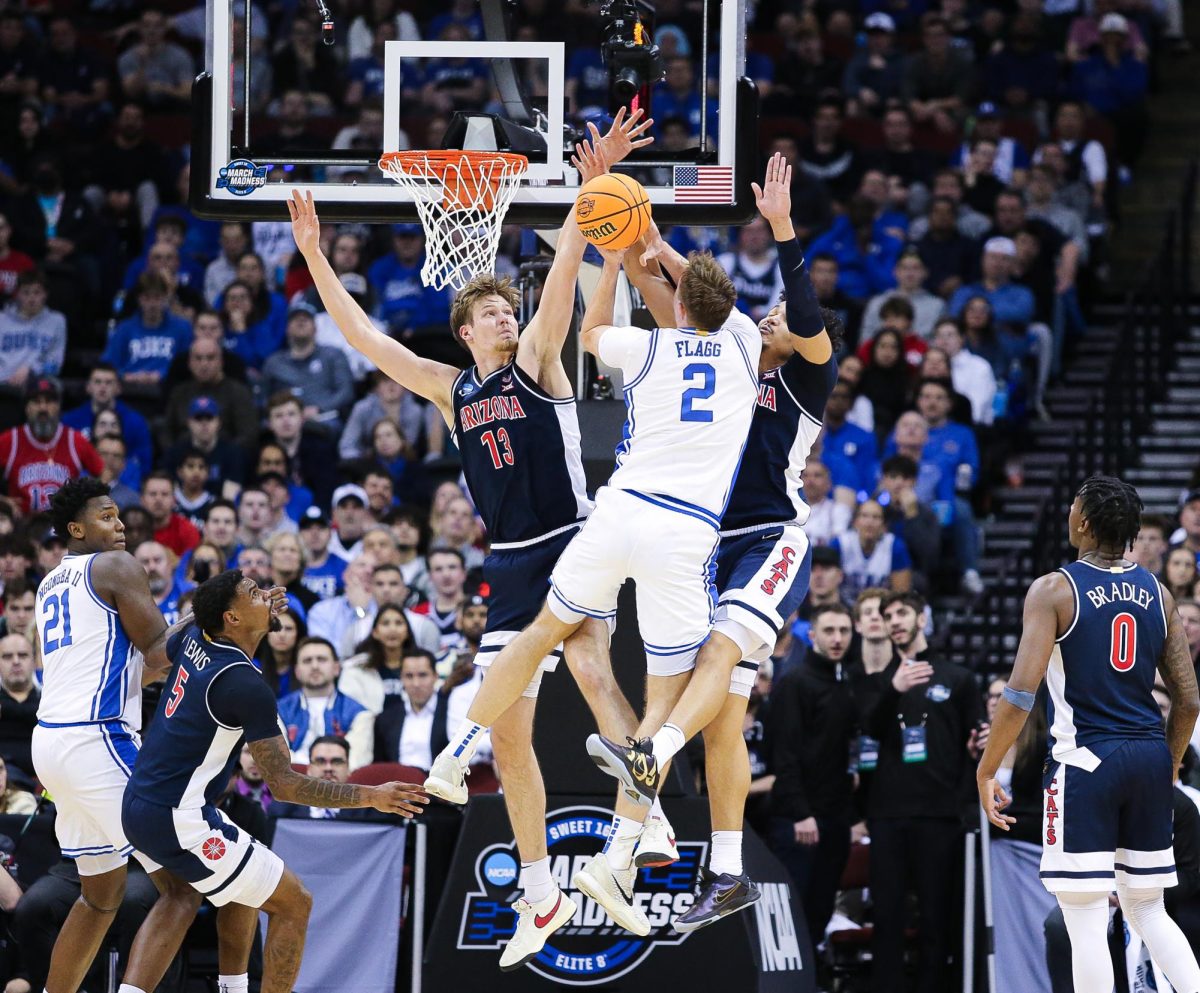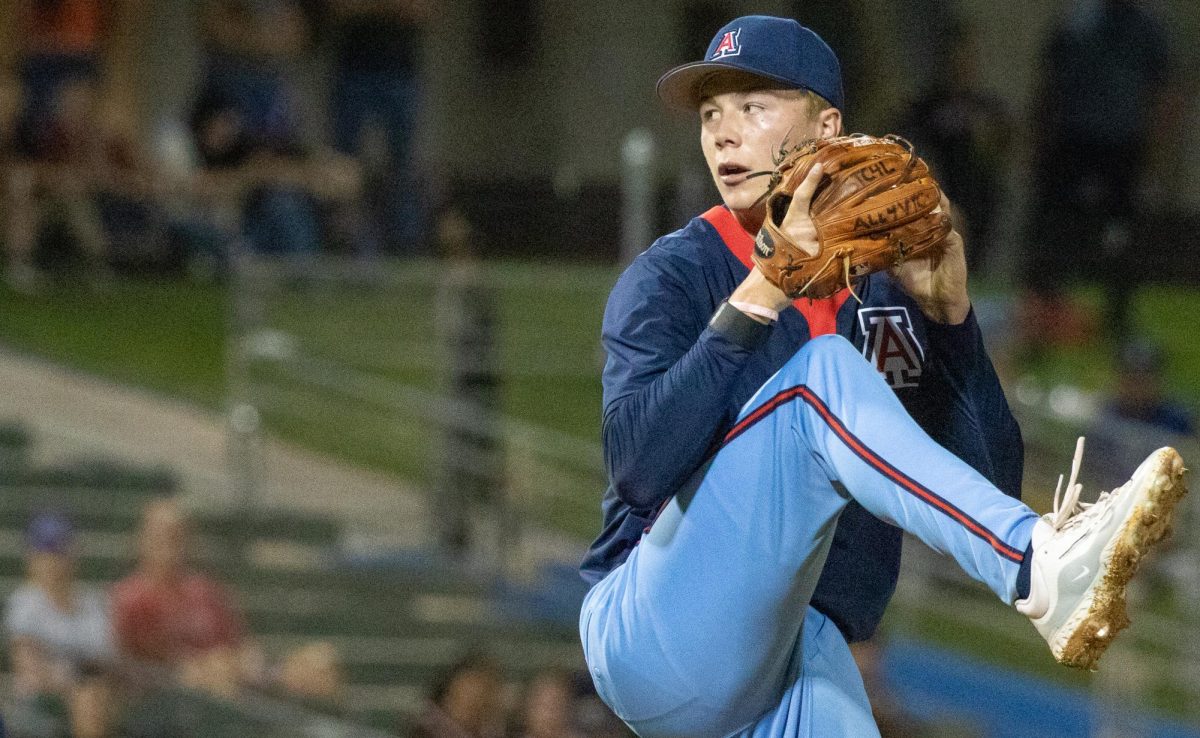Throughout the history of sports, women have struggled to solidify themselves amongst men. Women role models in sports were scarce in the past, but Molly Schiot has set out to make sure the pioneers of women’s sports get the recognition they deserve.
Schiot grew up in a small town near New Hampshire and she was always an active competitor on the ice.
“I grew up in New England, so I played ice hockey,” Schiot said. “I was just good. I was a good athlete.”
Schiot played numerous sports throughout her high school career and was always a captain on her team. But by the time she got to college, Schiot was burnt out on sports, mainly because it was hard to see a future in sports as a woman.
“I didn’t really think it was possible for me to play sports,” Schiot said. “I just assumed everything was for guys.”
Schiot didn’t lose her passion for sports; she simply found another way to stay in the game. She was directing music videos in Los Angeles when the ESPN series “30 for 30” first came out. Schiot was blown away with the production and ended up working on the staff of “30 for 30: The Two Escobars.” She has also produced a “30 for 30” short titled “Our Tough Guy.”
As much as Schiot liked the “30 for 30” series, she noticed a major discrepancy.
“I was like ‘gosh, there’s 160 ‘30 for 30s that have been made today, and there’s only four about women.’ For me, I thought it was a no-brainer to pitch stories about women.”
Pitch stories she did. Schiot pitched story after story to ESPN producers about women in sports, but all of her proposals were shot down. Schiot decided to take matters in to her own hands.

She started the Instagram account “@TheUnsungHeroines”; the account would become the impetus for her book “Game Changers: The Unsung Heroines of Sports History.”
“My Instagram account started as kind of like … a ‘fuck you’ to ESPN,” Schiot said. “There’s only four [‘30 for 30s] that are about women? I mean, every guy and girl that I know has seen that series, and they both really love the stories that are told.”
Schiot posted photos of women from throughout the history of sports and shared their stories in her captions. The account became so popular that when Schiot met a literary agent, she proposed that Schiot pitch her idea as a book to a major publisher.
“It was sort of an organic process where I had a big following of people that really loved these stories,” Schiot said.
And just like that, “Game Changers” was born. Like any influential piece of work, you never know quite who your audience really is.
“It’s one of those things where you create something you always imagine who your audience is, and I just imagined that my audience would be a bunch of 16- to 20-year-old girls who liked soccer and were tomboys,” Schiot said. “When [the book] came out, there were all theses dads who started reaching out to me and sending me pictures of their daughter, or son, and said that it was a nightly ritual where they would read one story a night to their kids. It totally blew me away.”
In this day and age, Schiot finally has a female athlete she can look up to. That athlete is Serena Williams.
“She’s like the baddest, dopest, coolest athlete,” Schiot said. “In Los Angeles, there’s kids everywhere that are young girls in Compton and Inglewood that are playing tennis, and it’s only because of [Serena Williams].”
Schiot will be attending the Tucson Festival of Books this weekend and will present on the panel Little-Known Sports Heroines at 11:30 a.m. on Sunday, March 12.
Follow Christopher Deak on Twitter









